MAca | Call for Students
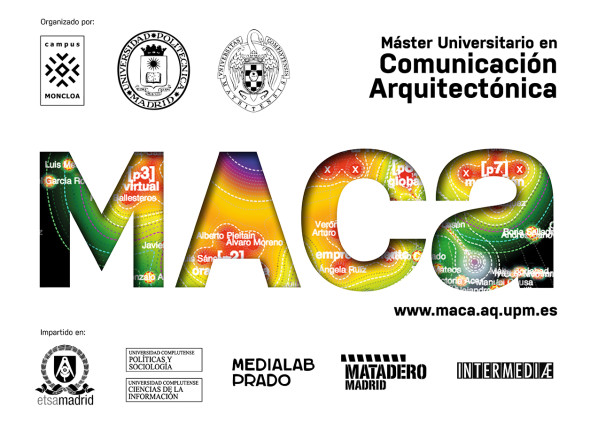
Applications are open for the second edition of MAca | Máster Universitario en Comunicación Arquitectonica, the first and only master in architectural communication belonging to the official offer of the Excellence Campus of Madrid’s Complutense and Politécnica Universities, which will last from October 2016 to October 2017.
MAca is a 3 semesters long, 68 ECTS Master, lasting for 13 months (from October 2016 to October 2017). Teaching, coordinated by Atxu Amann y Alcocer, is primarily developed in a laboratory room of Madrid’s Escuela Técnica Superior de Arquitectura, in afternoon hours, in order to facilitate compatibility with the students’ professional activities. The Master gives direct access to ETSAM’s Programa de Doctorado en Comunicación Arquitectonica.
The number of available places is 30, and the price is 65€ per ECTS. Official language is Spanish, but English knowledge is required.
Application deadline: July 30th, 2016.
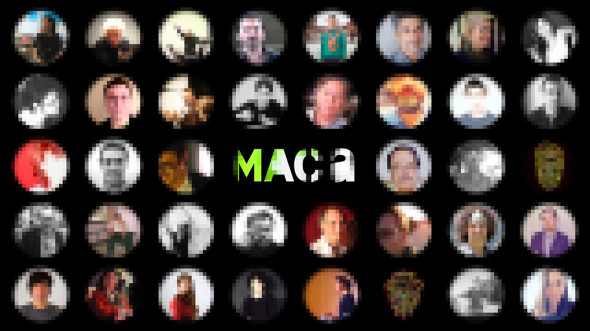
MAca is located in a multidisciplinary field that includes projects of analysis, mediation and communication within architectural environments. MAca has two priority access profiles:
Architects wishing to train and research the field of architectonic communication linking it with contexts like politics or sociology.
Graduates from disciplines related to mediation / communication who want to train and participate in projects related to the architectonic realm.
The Master of Architectural Communication is an official postgraduate program designed for those graduates wishing to train within the architectural field, to participate in communication and mediation processes at any of its stages and scales that require a specific training in order to interact effectively in interdisciplinary working groups covering a varied repertoire of responsibilities and competences, applying their knowledge mainly in the following fields:
In the field of Researching, both in theory and methodology, to analyse and understand different aspects of architectonic phenomena – citizenship, buildings, metropolis, legislation, temporalities or economic – linking them to its communicative aspects that could be continued with the development of the PhD in Architectural Communication.
In the field of Interpersonal communications with different agents involved in architectonic and urban configuration processes in any of their phases, especially in those related to social and civic participation.
In the field of Communicative relationships with companies, government agencies, nongovernmental organizations, and any other institution that works within the architectonic scope or certain sectors of it at any scale: urban, housing, public, cultural or designed space.
In the Professional field, being able to work within interdisciplinary groups on any of the aspects related to the architectural project belonging to both its physical and virtual reality.
In the field of Content broadcasting and dissemination related to built environments on different media and formats.
In the field of Teaching, both in University or College.
The program has five modules – theoretical, methodological, instrumental, projecting and dissertation -. The first four modules are performed simultaneously throughout the first two terms led by the development of seven specific projects of each communication area – curation, oral, teaching, virtual, spatial, mediation, entrepreneurship, audio-visual, and editorial. They will be crossed-over and coordinated to all the other subjects in order to shape a complete pedagogic system connected to theory, methodology, and tools with their own practice.
The fifth module holds an autonomous space-time for the efficient development of the master final project – dissertation – supplemented by a specific communication project of that work.
Once the Master ends, there will be a publication assembling all the works and projects developed through the Master.
The teaching staff includes: Antonio A. García, Ángel Borrego, Antonella Broglia, Andrés Cánovas, Arturo Franco, Amparo Lasén, Álvaro Moreno, Ana Medina, Alberto Nanclares, Alberto Pieltaín, Ángela Ruiz, Bernardo Angelini, Borja Sallago, Carmen Blasco, Carlos Verdaguer, Daniel Bas, Davide T. Ferrando, Diego Iglesias, Enrique Bordes, Elena Casado, Enrique Encabo, Eva Gil, Emilio López-Galiacho, Eduardo Roig, Federico del Blanco, Fran Mateos, Gonzalo Pardo, Ismael García, Iago Romero, Isabela Velázquez, Javier Argota, Juan Elvira, Julio César Moreno, Jose M. García Roig, Javier Seguí, Luis Mesejo, Mauricio Freyre, Milla Hdez Pezzi, Paula V. Álvarez, Pepe Ballesteros, Pedro Feduchi, Pedro Pitarch, Paloma Úbeda, Rodrigo Delso, Sergio del Castillo, Verónica Meléndez y Vicente Monroy. And many other invited professors.
Know more about MAca on Facebook, Twitter and Instagram.
Related Posts
Questo sito usa Akismet per ridurre lo spam. Scopri come i tuoi dati vengono elaborati.

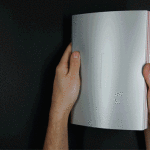
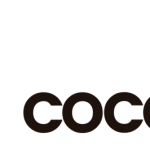
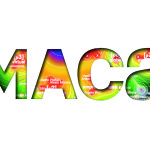
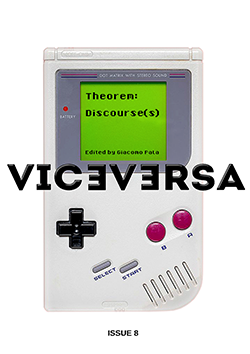


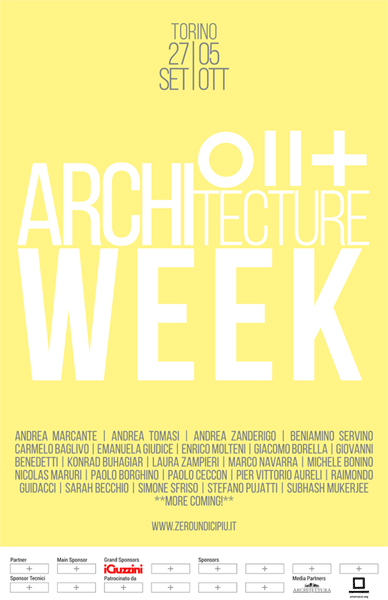
Lascia un commento